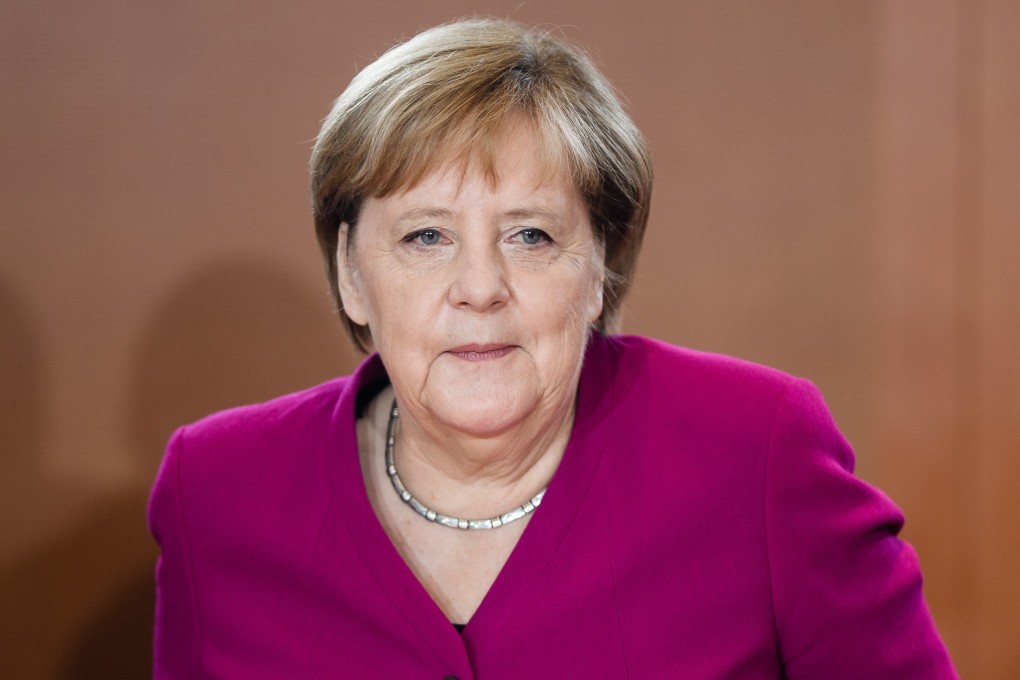Germany’s proposal on 5G network security leaves door open for China’s Huawei, sparking criticism
- Chancellor Angela Merkel reported to have stepped in to ensure tech giant was not prohibited from pitching for contracts
- But draft rules likely to face significant resistance from lawmakers in the Bundestag, observer says

According to the paper, which is now undergoing a consultation process, telecoms providers will be obliged to obtain “proof of trustworthiness” of the equipment manufacturers and suppliers they work with.
But while there had been suggestions that Huawei, which has been accused of building “back doors” into its products that can be exploited by Beijing, might be excluded from bidding for Germany’s 5G contracts, leading business newspaper Handelsblatt reported that German Chancellor Angela Merkel personally intervened to prevent such a ban.
Speaking about the proposals on Monday, government spokesman Steffen Seibert said: “We are not taking a pre-emptive decision to ban any actor, or any company.”

The news was not well received at the German foreign ministry, which had been arguing for the need to better protect national security. “Some in the foreign ministry are unhappy about it,” a European diplomatic source said.